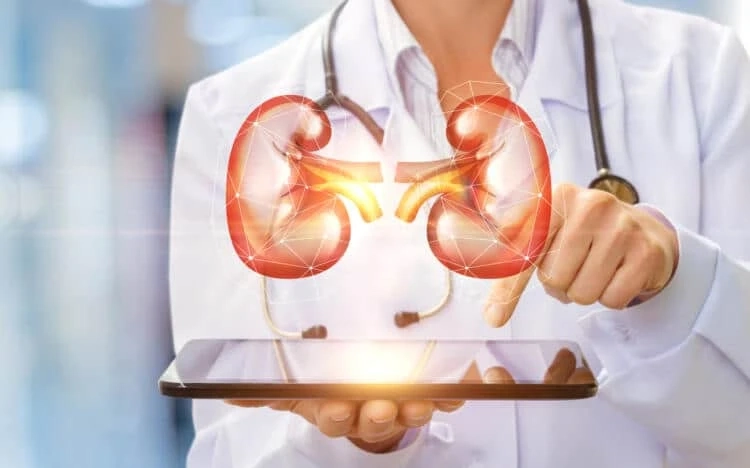Symptoms, causes, and treatment of chronic kidney disease
Chronic kidney disease (CKD) is a continuous loss of functions of the kidney over the years. In the early stages, there are often no symptoms; ...


Chronic kidney disease (CKD) is a continuous loss of functions of the kidney over the years. In the early stages, there are often no symptoms; ...

